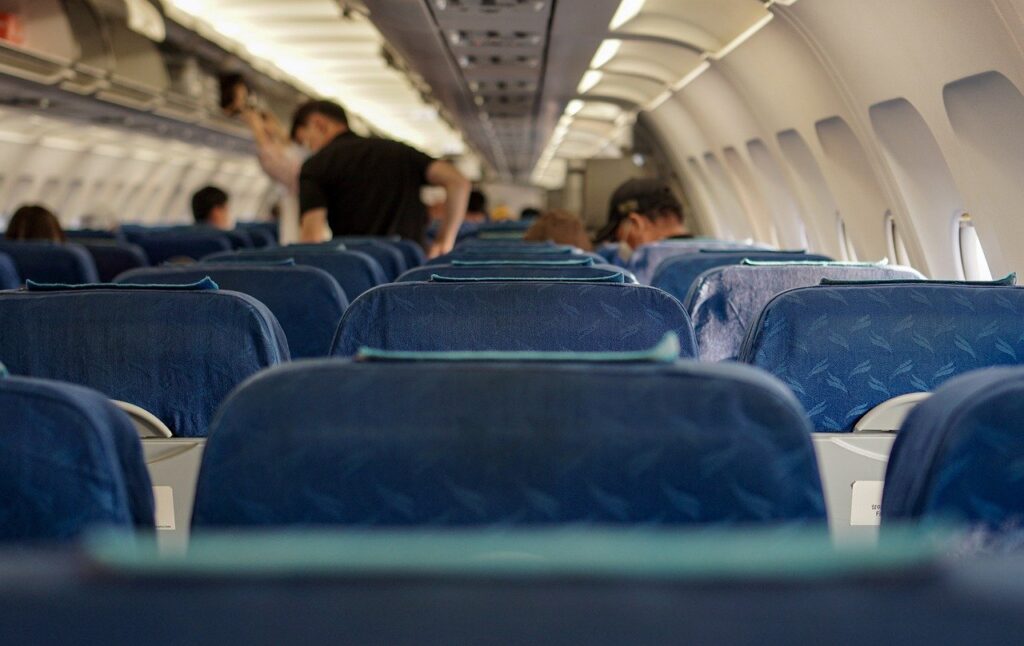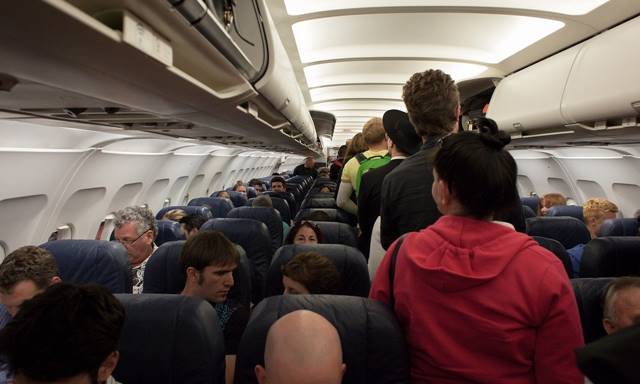What is an Overbook flight?
You may have paid for a plane ticket month ago. But when you go to the airport on the day of the flight, you may encounter the answer that there is no seat on the plane. So how is such a thing possible?
Briefly, an overbook is that airline companies sell 240 tickets for a flight with a 200-seat aircraft.
Reasons companies make overbook are to increase their occupancy rates and revenues. From the airline companies’ perspective, there is an explanation for the overbook situation. According to statistics, the number of passengers who do not board the plane, change the flight date or miss the connecting plane in connecting flights is high.
As a result of this situation, if more passengers than the seats on the plane come to airport, it is inevitable for some passengers to suffer. This causes loss of reputation for the airline company.
From passenger side in order to avoid this situation, passengers should do online check-in in advance and be at the airport earlier than the flight time.
In case of an overbook, the airline company tries to find passengers who will not fly voluntarily. If no solution can be found in this way, it is asked whether passengers accept not to fly in exchange for a certain amount of compensation. If these two methods cannot solve the problem, the airline company randomly selects the passengers who will not fly, accompanied by the police. During this selection, passengers who are members of the company’s special passenger programs or who have purchased tickets with a high price are preferred to fly. According to aviation rules, it is necessary to offer an alternative solution to compensate for the victims of an overbook.
Alternative solutions on an Overbook situation
– The passenger is offered to fly with the next flight on the same day. Or if there is no flight on that day, the next day is offered to passenger free of charge.
– All necessary needs are met during the delay period until the next flight (food, accommodation etc.)
– If passenger has flight ticket, it is promoted to the higher class.
– In some cases, compensation may even be offered to passenger.
There are cases where passengers who are victims of overbook have taken this situation to court and won compensation from airlines.

For more articles click.



